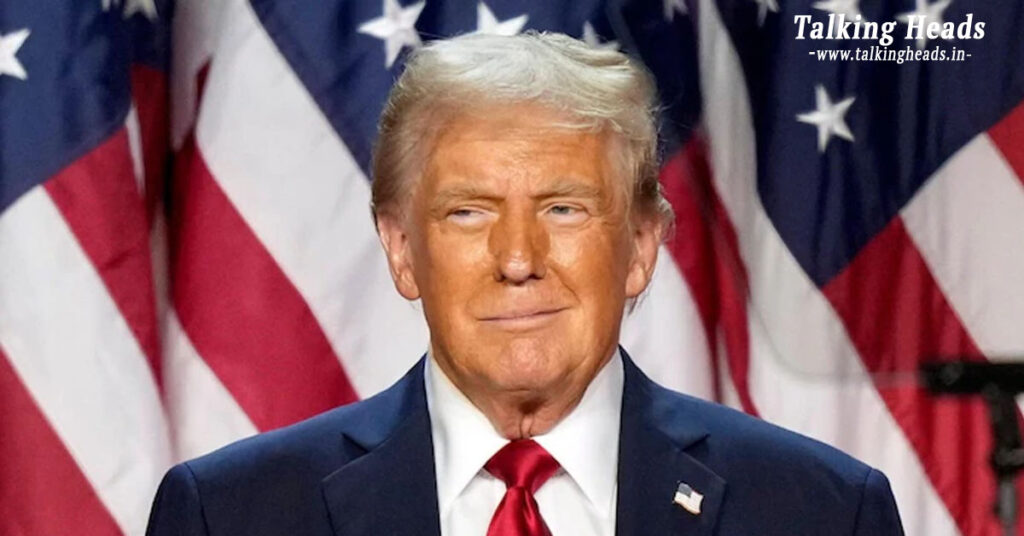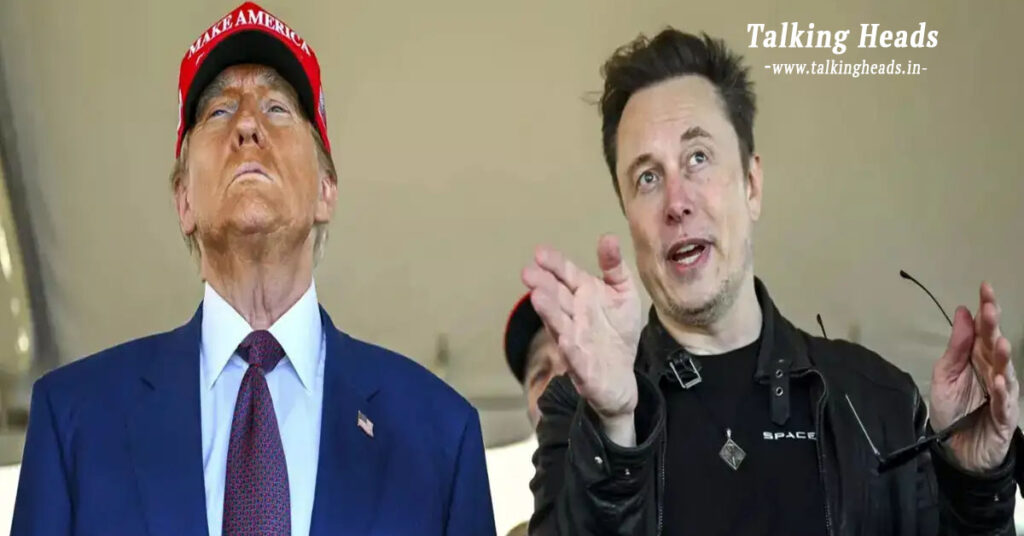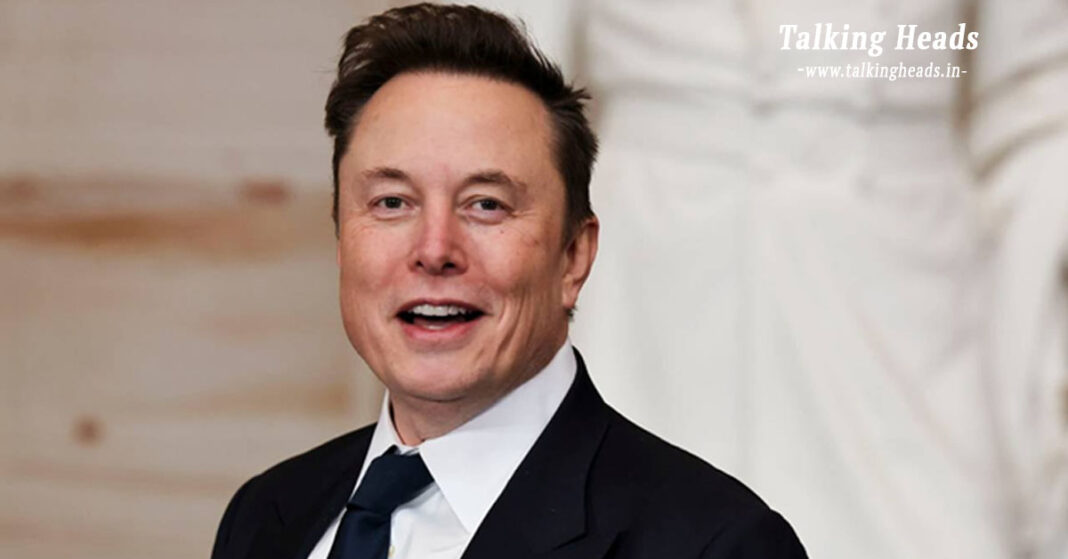Elon Musk Resigns from Trump’s Administration Over Budget Bill Dispute, Signals Exit from Politics
Table of Contents
Elon Musk Quits DOGE Post a Day Before Term Ends, Disagrees with Trump’s ‘Big Beautiful Bill’
Billionaire entrepreneur and Tesla CEO Elon Musk has officially stepped down from his position in the Trump administration, signalling a deeper rift between him and the U.S. President. Musk announced his resignation from the Department of Government Efficiency (DOGE) on social media platform X at 5:30 AM IST on May 28, a day before his term was due to end.
In his post, Musk wrote, “My time as a Special Government Employee has come to an end. I thank President Trump for the opportunity to serve.” Musk had been appointed to lead DOGE—a department created to reduce government waste and improve spending efficiency—on January 20, 2025, with a term set to expire on May 30, 2025.
Elon Musk : Disagreement Over Trump’s Budget Plan Triggers Exit

While Musk did not explicitly state the reason behind his resignation, insiders suggest that his growing opposition to Trump’s flagship legislative proposal, the “Big Beautiful Bill,” was the tipping point. The bill, promoted aggressively by the Trump administration, includes significant spending and tax reforms that Musk believes contradict DOGE’s core mission.
“If the goal is to cut unnecessary spending, this bill pushes in the opposite direction,” Musk was quoted as saying earlier this month.
5 Key Elements of the ‘Big Beautiful Bill’ That Sparked Musk’s Discontent
- Permanent Tax Cuts: The bill proposes making the 2017 income and estate tax cuts permanent, while introducing additional reductions.
- Tax Relief for Middle Class: Includes tax breaks on overtime and Social Security income.
- Increased Military and Border Spending: Allocates more funds to border security and military strength as a way to combat illegal immigration.
- Government Spending Reforms: Claims to introduce stricter measures to combat fraud, abuse, and waste—but critics argue it adds bureaucratic layers instead.
- Raising Debt Ceiling: Expands the government’s borrowing limit to finance increased spending.

Musk reportedly viewed the bill as a direct contradiction to DOGE’s mission and chose to step down instead of endorsing the plan.
DOGE Under Musk: Controversial Yet Impactful
During his short tenure, Musk aggressively cut funding across various government departments and laid off over 56,000 federal employees. The DOGE office, under Musk’s leadership, also attempted to shut down organizations like USAID and Voice of America by slashing their funding.
These drastic reforms led to nationwide protests. The movement, dubbed “Hands Off,” saw over 1,400 rallies across all 50 states on April 6. Organized by civil rights groups, veterans, labor unions, and LGBTQ+ activists, the protests criticized Musk’s perceived authoritarian approach to government restructuring.
Strains in Trump-Musk Relationship Becoming More Visible
Signs of Musk distancing himself from Trump had been emerging for weeks. In a recent interview with CBS, Musk stated, “I’ve done what I could in politics. No more donations going forward.” He also told The Washington Post that the federal bureaucracy was “in far worse condition than I imagined.”
Adding to the tension, Musk allegedly failed to fulfill a $100 million donation promise for Trump’s 2026 midterm election campaign. This reportedly angered several members of Trump’s inner circle.
Pentagon Leak Controversy Raises Security Concerns
Another major blow came when The New York Times reported that Musk was scheduled for a top-secret Pentagon briefing about potential conflict with China. Although Musk denied attending the sensitive meeting, the leak raised alarms.

Trump called the report “fake news,” stating that Musk’s business interests in China disqualified him from receiving classified intelligence. While Musk did visit the Pentagon on March 21, officials clarified that the meeting with Defense Secretary Pete Hegseth focused solely on DOGE matters.
Following an internal polygraph probe, two senior officials—Dan Caldwell and Darin Selnick—were dismissed, leading to public scrutiny of Trump’s administration.
What’s Next for DOGE After Musk’s Departure?
- Reduced Influence: Musk’s exit is likely to slow down DOGE operations and reduce its overall impact.
- Legal Troubles: The agency is already battling lawsuits over data transparency and privacy, which could intensify without Musk’s leadership.
- Time Constraints: DOGE is mandated to operate only until July 2026, raising concerns about meeting its objectives in the remaining months.

Musk Returns to Private Sector, Politics in Rearview
Elon Musk’s resignation marks a significant moment in U.S. political and business intersections. His tumultuous yet high-profile stint in government may be over, but it leaves behind a legacy of deep disruption—and an administration grappling with internal fractures. Reports suggest Musk will now refocus on Tesla, SpaceX, and xAI, distancing himself from the volatile realm of American politics—at least for now.










